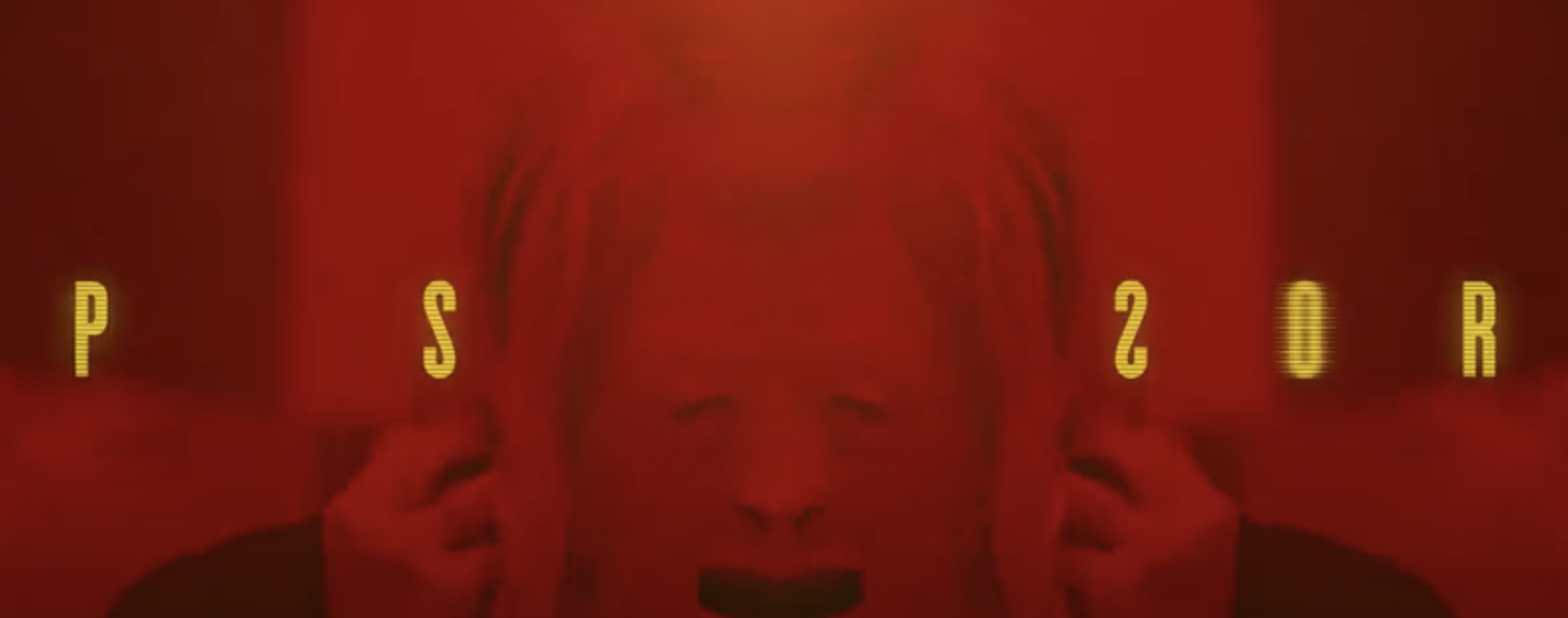Despite my anticipation since its release in October, I was more than a little uneasy when I finally sat down to watch Brandon Cronenberg’s Possessor. I am not easily shaken by horrors or violent films in general, but the film’s disturbing poster was enough to shake me, while its intense trailer only confirmed my oddly gleeful fears.
That is to say, I had high hopes coming into Possessor, not just because of the glowing reviews it received upon release, but also because of the writer/director’s namesake, Cronenberg; as in Canadian horror legend David Cronenberg, who is Brandon’s father.
While I believe that Brandon Cronenberg should be judged on his own merits, outside the boundaries of his father’s imposing shadow, it is impossible to overlook Possessor’s mix of cerebral science fiction with body horror, subjects Cronenberg Sr. has tinkered with before, which is executed with such skill that there is likely a new Canadian cinematic dynasty on the horizon.
Boasting an intriguing sci-fi twist, the titular Possessor is Tasya Vos (Andre Riseborough), an assassin who, instead of carrying out contracts in person, hijacks the mind and body of others to do it for her, with no evidence tying back to her organisation. However, when Tasya accepts an important contract which involves possessing the consciousness of Colin Tate (Christopher Abbott) to assassinate his girlfriend (Tuppence Middleton) and her corporate magnate father (Sean Bean), Tasya soon realises that she has less control over her subject than she thought.
Possessor’s opening sequence acts as an excellent indicator of what can be expected from the rest of the film. Slick cinematography and a brief but versatile performance from Toronto actress Gabrielle Graham establish the film’s smart premise, universally impressive cast and its uncompromising depiction of violence, which can be downright brutal.
In fact, one of the main reasons Possessor works so well is that Cronenberg does not use violence as a shallow alternative for substance, but rather he feeds it into the grander cerebral and emotional experiences of the narrative. While its multitude of moving parts, thematic and otherwise, can admittedly feel like a free-for-all on the rare occasion, Possessor nevertheless evoked deep-seated emotions I have rarely experienced in cinema, which was as intoxicating as it was unnerving.
For that very reason, Possessor is not something I can recommend to just about anyone. As mentioned, I was tentative of the film’s intensity, and rightfully so. This is not something you casually watch on the couch with your squeamish partner, as Cronenberg’s impressively consistent direction also makes for a distinctly intense experience that left me drained by its conclusion.
There is an artistic purpose to Possessor’s intensity, however, that I did not fully understand until I had taken the time to remove myself from the film and fully reflect on what I had just seen. I was unsure of Cronenberg’s ending at first, but once I came to appreciate its understated brilliance for what has passed and what has yet to come, it sent chills down my spine.
David Cronenberg has remarked recently that he would be quite content if he never made another film again, which seems ever more likely with each passing year, but with Brandon Cronenberg’s work in Possessor, it is apparent that the reins of Canadian horror cinema are in good hands.
8.5/10
![]()
![]()
![]()
![]()
![]()
![]()
![]()
![]()
![]()
![]()

